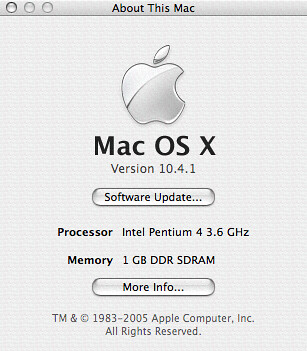Spanish as PhD Language Requirement -- Help is on the way
My doctoral progess is being held up in the absence of a scholar who can test my Spanish competency. In light of recent blog discussions regarding language requirements, I thought I'd share my lament, and offer my plea to the biblioblogsphere. Is there no other Spanish-reading scholar here of whom I may inquire?
Two years ago, like a good traditional NT PhD student, I spent a summer in Germany and then returned home to take a translation exam to satisfy a requirement of my doctoral program, a standard program requiring two modern languages. The two languages have historically always been German and French, but because of my context, my interests, and encouragement from other scholars, I decided to prepare to make use of Spanish scholarship in my work. While my doctoral program approved of the decision, they have no means to satisfy the requirement, mostly because the GSFLT went defunct. My school offers a mini French and German program, but nothing in Spanish.
We have contacted three Spanish-reading scholars, and none have been able to assist.
For several months now, I have been in limbo until we can figure out a solution. I can't submit my dissertation proposal until I get this taken care of. Hence, my plea for help.
Can anyone among my small but distinguished readership recommend a Spanish-reading biblical scholar that could be such a reader? The process need not be time intensive: send a Spanish Biblical Studies article... I translate... you read and say "yea" or "nay"... repeat as needed. :) My directer is very open to any qualified scholar using whatever means they wish to simply say, "Yes, Joe can make use of an article written in Spanish to contribute to his scholarship." We'll pay!
Update: The biblioblog community has been extremely responsive and helpful regarding my plea. I just want to say thank you, and that this represents some of the best of what an online community is. A few very able folks contacted me directly, as well as some in the comments for this post. But more so, colleagues contacted me to brainstorm ways in which "we" might solve this problem together--offers to make referrals, etc.
David Ford told me that he would love the opportunity to fail me, so it looks like we'll make arrangements for it soon. I'll let you know how it goes.

 Really, this means very little to you, typical bible scholars and pastors. It does mean that Macs will get faster quicker and/or possibly less expensive. Newer version of applications will be able to run natively on both older PPC computers or Intel machines. But still, your "old" OS X apps will run on the newer processors via a tranparent translator (which they've named "Rosetta"!) without any performance or speed issues. It will be the end of 2007 before Apple before the entire Macintosh computer line runs on an Intel Pentium processor. It means that apps that currently run only in Classic mode might be left behind (until someone writes a new emulation).
Really, this means very little to you, typical bible scholars and pastors. It does mean that Macs will get faster quicker and/or possibly less expensive. Newer version of applications will be able to run natively on both older PPC computers or Intel machines. But still, your "old" OS X apps will run on the newer processors via a tranparent translator (which they've named "Rosetta"!) without any performance or speed issues. It will be the end of 2007 before Apple before the entire Macintosh computer line runs on an Intel Pentium processor. It means that apps that currently run only in Classic mode might be left behind (until someone writes a new emulation).

